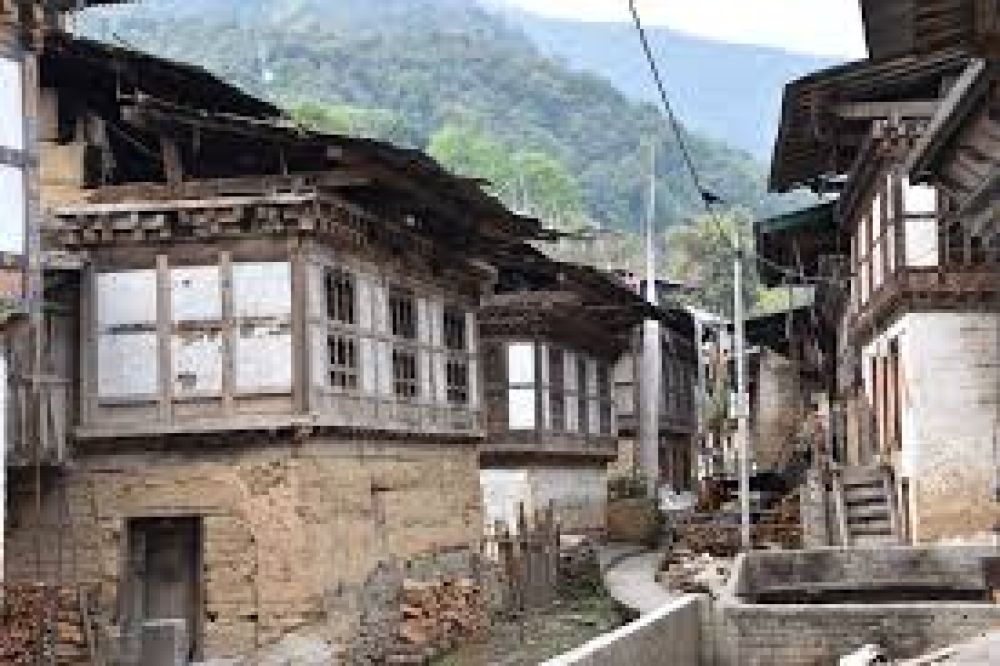

The picturesque Korphu Village, set in the heart of Bhutan within the Trongsa district, has a rich heritage and an emerging presence in the world of tourism. This serene village, nestled within the lush Himalayan range, is a living tapestry of Bhutanese culture and natural beauty.
Historically, Bhutan has been a secluded kingdom, with limited exposure to the outside world. It was only in 1974 that the country officially opened its doors to foreign visitors. Since then, Korphu Village, much like the rest of Bhutan, has gradually welcomed tourists, albeit under the nation's strict ‘High Value, Low Impact’ tourism policy.
The establishment of the Trongsa Dzong, an architectural marvel and an important administrative building, has long attracted visitors with cultural interests. It is only in recent years that communities like Korphu Village have been recognized for their unique offerings within the Bhutanese tapestry.
In an effort to promote sustainable tourism that benefits local communities, community-based tourism initiatives have been introduced in Korphu Village. It allows visitors to engage with local culture directly, promoting a more inclusive form of tourism that emphasizes authentic experiences and local empowerment.
Tourists visiting Korphu Village are drawn to the intimate cultural experiences available. From traditional homestays to local festivals like the vibrant Tshechu, visitors can glimpse the Bhutanese way of life. The traditional architecture of the houses and the monastery in Korphu offers a window into the country’s deep-seated Buddhist traditions.
Bhutan's emphasis on conservation and environmental protection means Korphu Village is surrounded by pristine forests and untouched trails. Trekking to the village or in nearby areas showcases the country's commitment to preserving its natural wonders.
The latest trend in tourism for places like Korphu is an increasing demand for immersive and sustainable travel experiences. Visitors are seeking authentic interactions with local communities, traditional crafts, and eco-friendly activities that have minimal impact on the environment. Wellness tourism is also on the rise, with visitors eager to engage in mindfulness and meditation retreats, often conducted in monasteries or tranquil natural settings.
While there has been growth in the number of tourists to Bhutan, areas like Korphu still face challenges in infrastructure development and accessibility. Future tourism initiatives are expected to balance modernity with tradition, aiming to enhance visitor experiences while preserving the village's cultural integrity and sustainability.
Responsible Travel Practices
Vital to the future of tourism in Korphu Village is the adoption of responsible travel practices. Visitors are encouraged to respect local customs, engage in eco-friendly practices, and directly contribute to the community's welfare through participatory tourism practices.